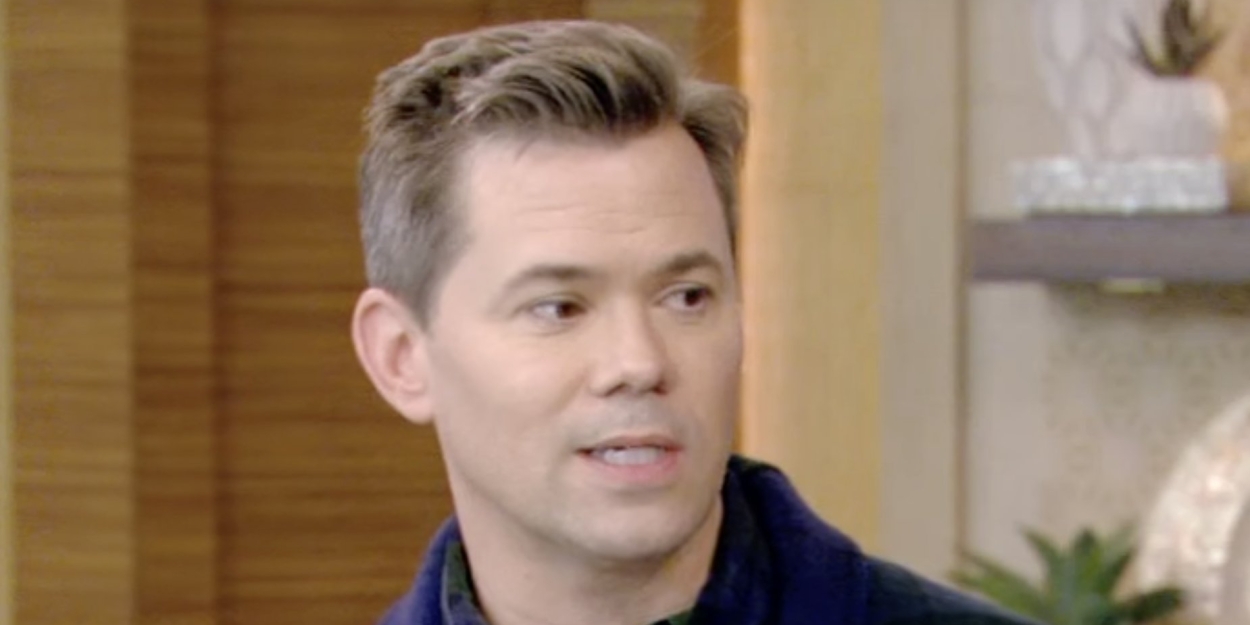Al Jazeera Net correspondents
Moscow- No echoes of the protests appear Serbia Out of earshot Moscow Engaged in conflict with the West through the gate of war with UkraineEspecially since these protests broke out suddenly in a country that has always tried to maintain a “safe” distance from the Western conflict with Russia in order to avoid getting involved in a war against it.
In terms of form, the unrest that broke out in Serbia following the announcement of the results of the parliamentary elections and the protesters’ demands to repeat the voting results process is a common occurrence that occurs every time the election results raise controversy and opposition among segments of society.
But the marches that quickly turned into riots were read by official officials and observers in Moscow – alike – from another angle, as something that directly concerned decision-makers in the Kremlin.
This appears clear in the statements of Russian Foreign Ministry spokeswoman Maria Zakharova, who said that “the collective West gave Serbia the same choice that it had previously given to Ukraine,” and the choice – in her opinion – is difficult: either Serbia will be with the West or with Russia.
In turn, the Russian ambassador to Belgrade, Alexander Botsan Kharchenko, confirmed that there is evidence of the involvement of Western countries in the unrest in Serbia.
Serbia is one of 3 European countries (along with Slovakia and Hungary) that oppose Western sanctions on Moscow, and Russia is considered a friendly country, in addition to their important economic and trade relations.
Russian observers believe that the outbreak of protests in the Balkan country in this way is nothing more than an attempt by Washington, which is dissatisfied with the independent position of Serbian President Aleksandar Vucic, to bring about new change in the country after the failure of the (pro-Western) opposition coalition to obtain a majority in the elections.
Features of a colorful revolution
According to Balkan affairs analyst Vasiliy Babov, the protests in Serbia bear the characteristics of “color revolutions” according to what he describes as the American “protest guide,” explaining that Washington is not satisfied with the position of the Serbian president, therefore, when the pro-Western opposition coalition was unable to obtain support. In the elections, Washington began to provoke mass riots, as he described it.
In his interview with Al Jazeera Net, he points out that the protests are taking place in both… Georgia AndUkraine It developed according to this scenario, as decision-makers in the US administration do not care about the opinion of the majority of Serbian citizens who supported Vucic’s party in the elections, nor are they concerned about the potential loss of life or the economic situation.
Babov describes the protests in Serbia as a deliberate and planned act by serious institutions working for the benefit of the West, but – in contrast – he confirms that the country’s president, Aleksandar Vucic, has all the necessary resources to deal with the protests.
Popov rules out that Russia will provide financial support to the Serbs if the unrest continues, adding that Moscow is pursuing a policy based on mutual benefit, and that Serbia is already obtaining gas and a number of trade preferences from Russia.
He adds that this is a “two-way street,” concluding that there will be no “strong solution” from Russia, as happened last year in KazakhstanBecause Belgrade is not a member of the CSTO.
In turn, political analyst Vladimir Olchenko does not see any long-term risks to Russia as a result of the current situation in Serbia, because the current political path there will remain the same under any leadership that comes, for historical and economic reasons.
It is unlikely that Serbia’s “Western partners” will launch a “color revolution” or cancel the results of the parliamentary elections, because the pro-Western liberal opposition does not have sufficient resources to consolidate its presence on the political scene, and can only bet on it with the aim of destabilizing the republic.
Contrasts paper
Olchenko expresses his conviction that Serbia’s contradictions with the European Union and NATO are beneficial to Russia, and Moscow must deepen them.
He said that protests usually occur in Serbia after every election, but it is difficult to talk about any changes to the political approach in the country, as no external party seeks to review the voting results, unless the opposition is able to achieve a rerun of the elections.
But he warns that if the Serbian president fails to deal with the protests, the consequences will be far-reaching, such as a change in the general political course of Serbia if the president is removed from the political scene, which would pave the way for Bosnia and Herzegovina to soon become another member of NATO. , and takes anti-Russian positions.





